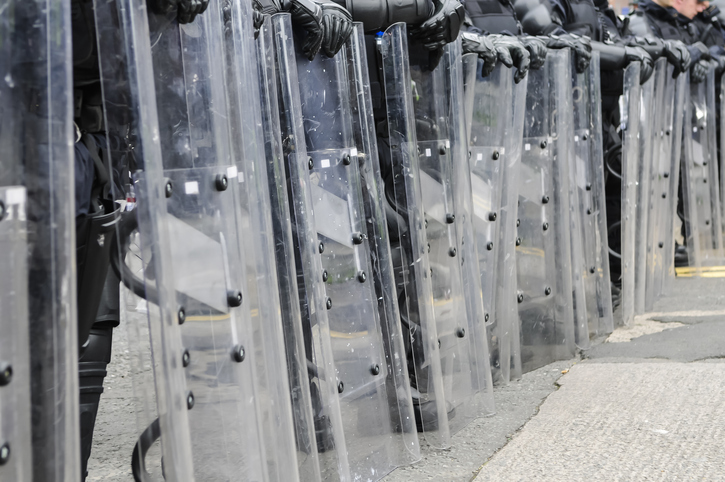Recognition in Peer Review
A look at recognition in peer review, what's offered now and what's on the horizon. How does this affect the process?
opinion articles
Send us a link
A look at recognition in peer review, what's offered now and what's on the horizon. How does this affect the process?
Tests of natural language processing models show that the bigger they are, the bigger liars they are. Should we be worried?

What motivates scientists to engage with policymaking?

The tactful approach can be effective but it risks obscuring the necessity and urgency of improvements, says Chris Moore.

In Part 1 of this pair of posts, Timon Oefelein interviews Gerald R. Beasley, the Carl A. Kroch University Librarian at Cornell University, about how librarians can support the UN's Sustainable Development Goals.
International agencies need the mandate, funds and expertise to connect information - otherwise pandemics, hunger and unsustainability will go unsolved.
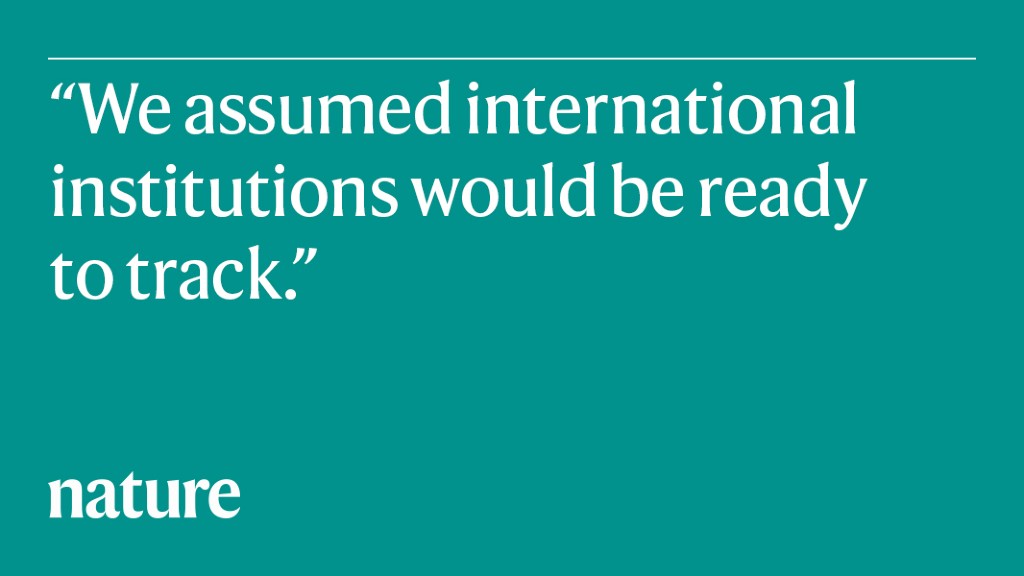
The pandemic has made it clear that science touches everything, and everything touches science.
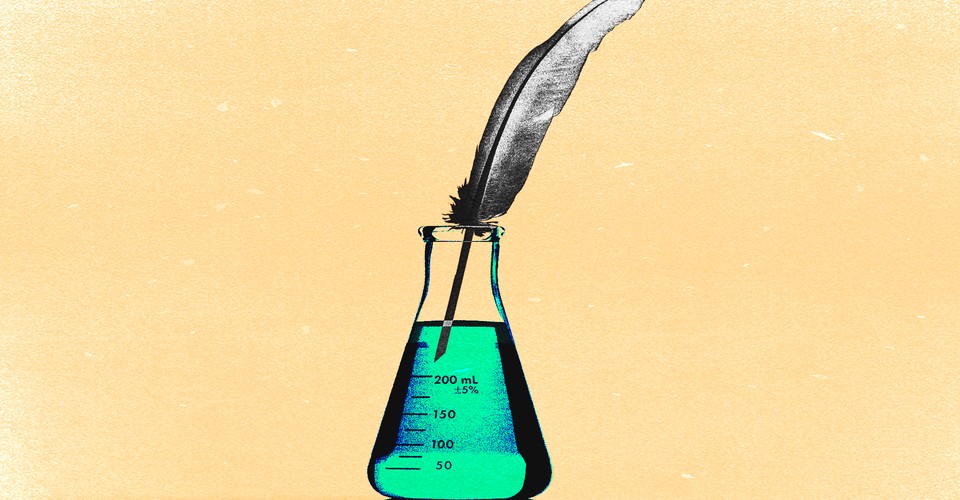
Today features an interview with Darrell W. Gunter, editor of the new book Transforming Scholarly Publishing With Blockchain Technologies and AI.

For objective careers advice, talk to those who left science as well as those who stayed.
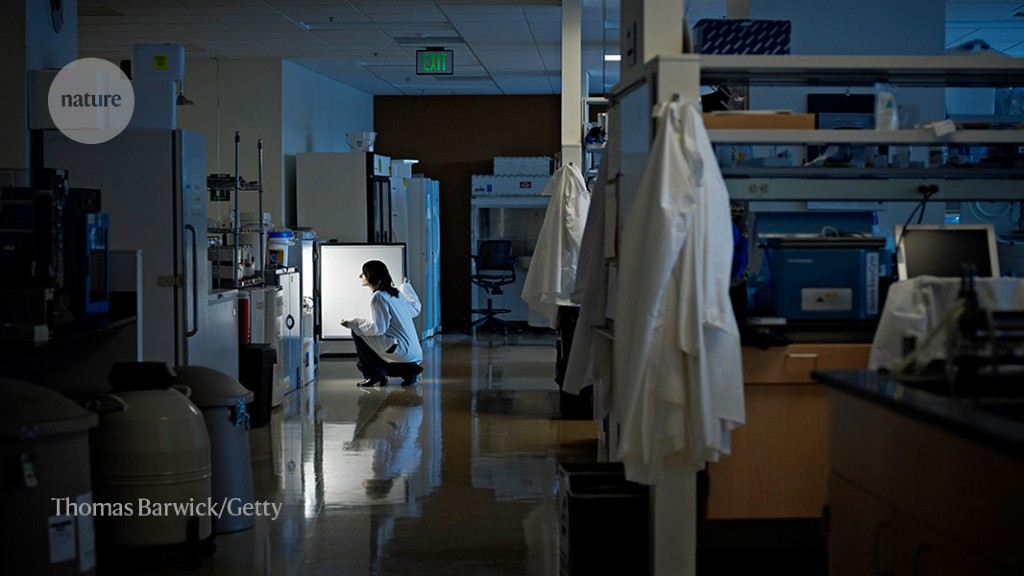
Two scientists allowed Nature to chronicle their lives for three years. Their story speaks to the epic professional and personal struggles involved in establishing a career in research.
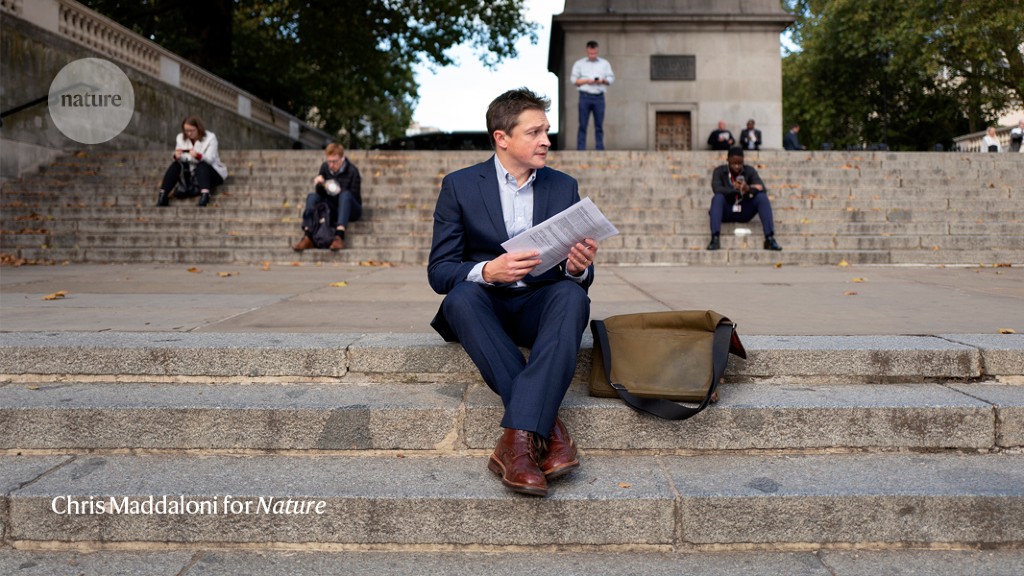
It is simply not possible to carry on at the current level of economic activity without destroying the environment, says Guardian columnist George Monbiot
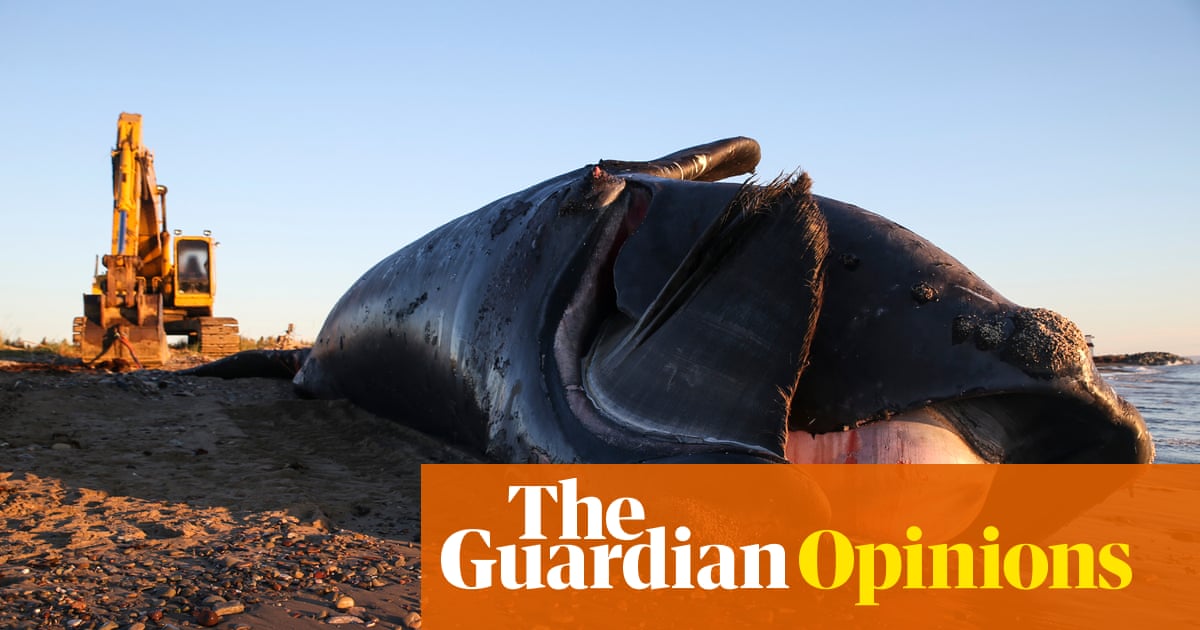
We asked readers about their institutions' support for parents on the tenure track. There's room for improvement, they said.
The pandemic produced apocalyptic warnings about higher education in the UK. In fact, its future is looking a lot brighter than predicted.
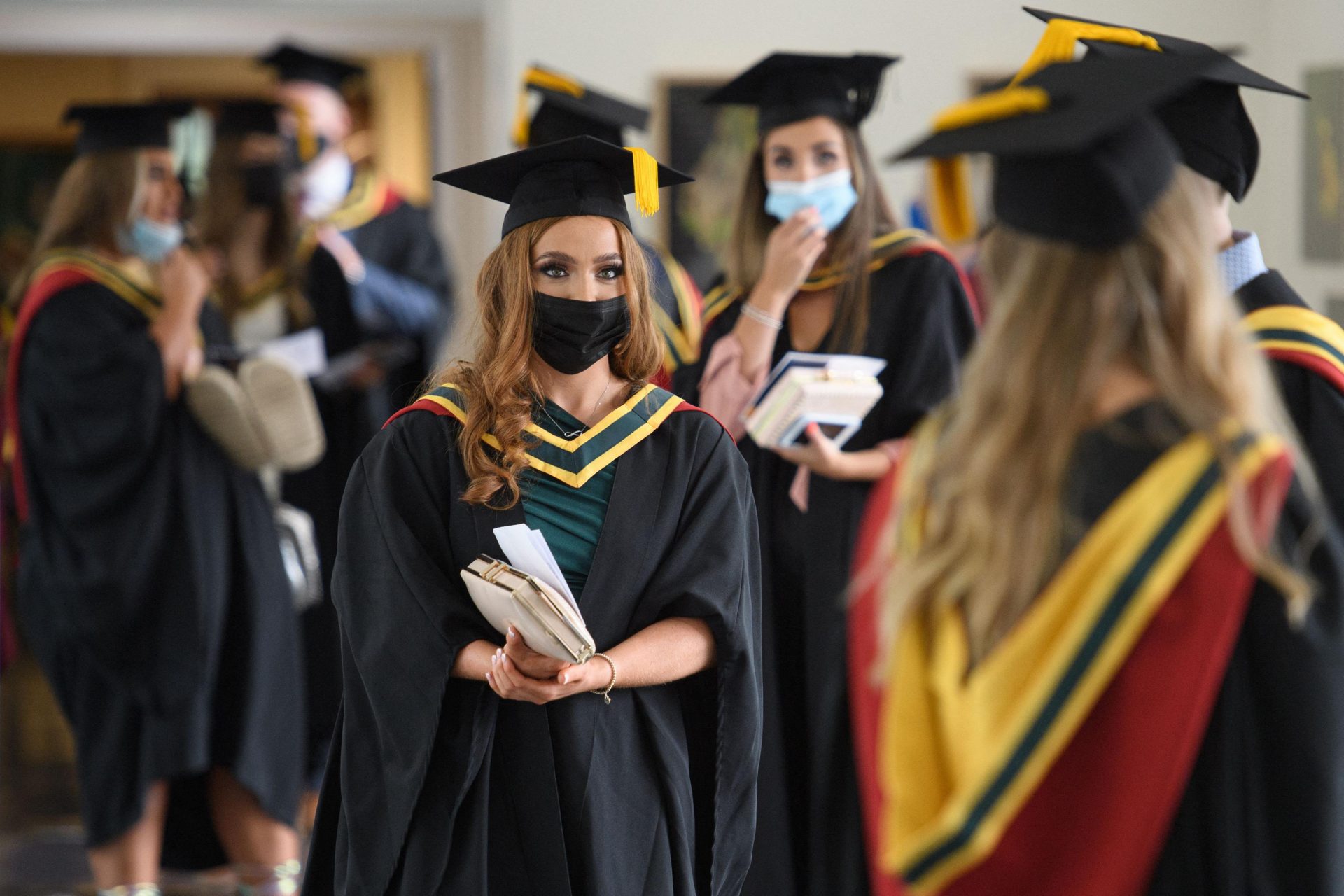
It's time to tackle the cumulative barriers and biases faced by scientists who aren't from wealthy countries.
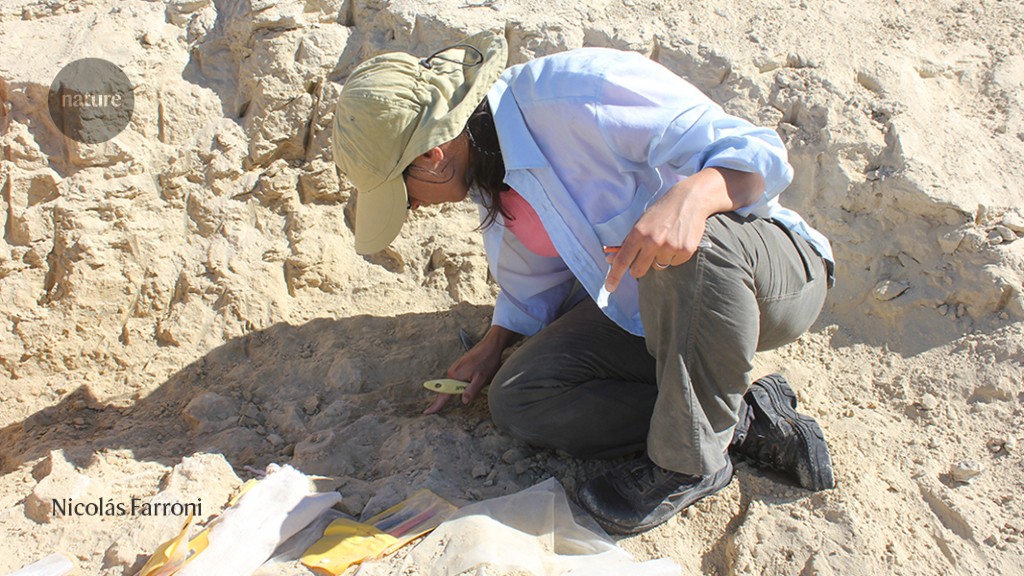
Covid has put academics at the heart of policymaking, but electing better politicians could be the answer.

Twelve scholars of science advice discuss the challenges of incorporating a radically diverse range of perspectives into a science advice process.
In a collaborative open peer review process, the editor's role changes as much as the reviewer's role.
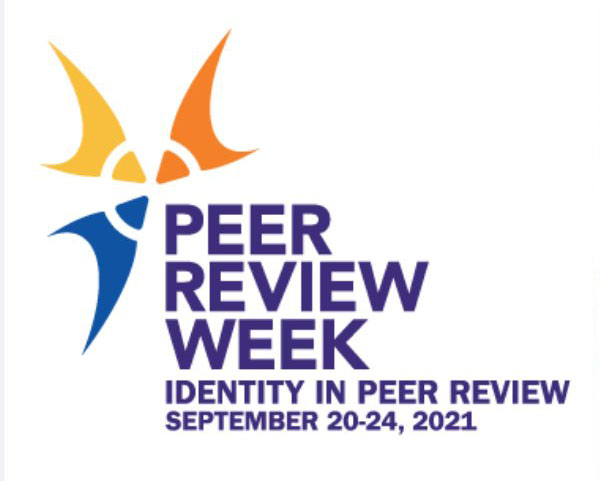
This post explores how diversity plays an important role in the peer review system.
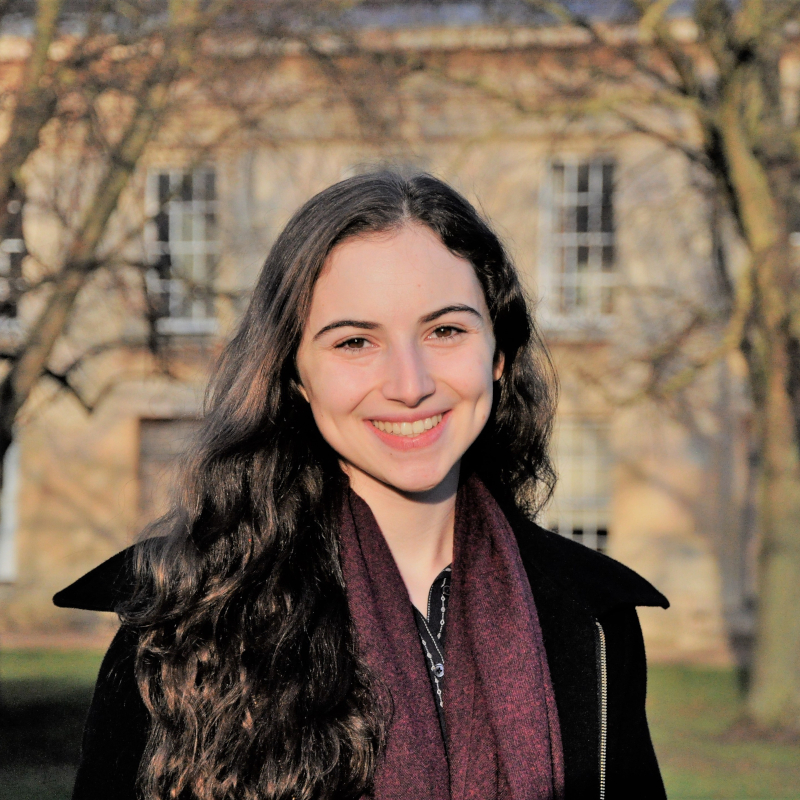
This post argues that for academic books to be genuinely open, an emphasis should be placed on collective funding models that limit the prospect of new barriers to access being erected through the imposition of expensive book processing charges (BPCs).

Make science more reliable by placing the burden of replicability on the community, not on individual laboratories.
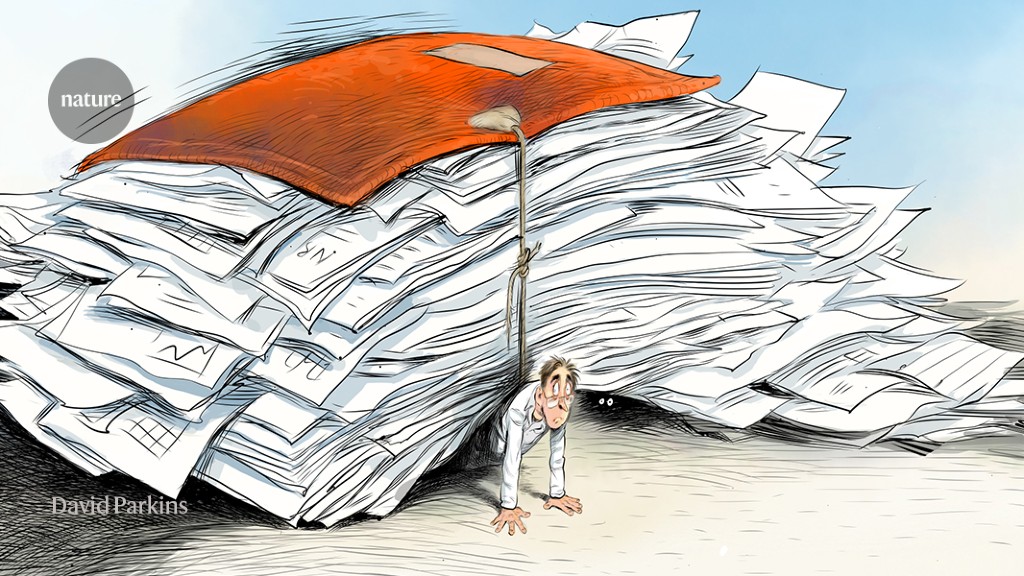
Data should be a means to knowledge, not an end in themselves.
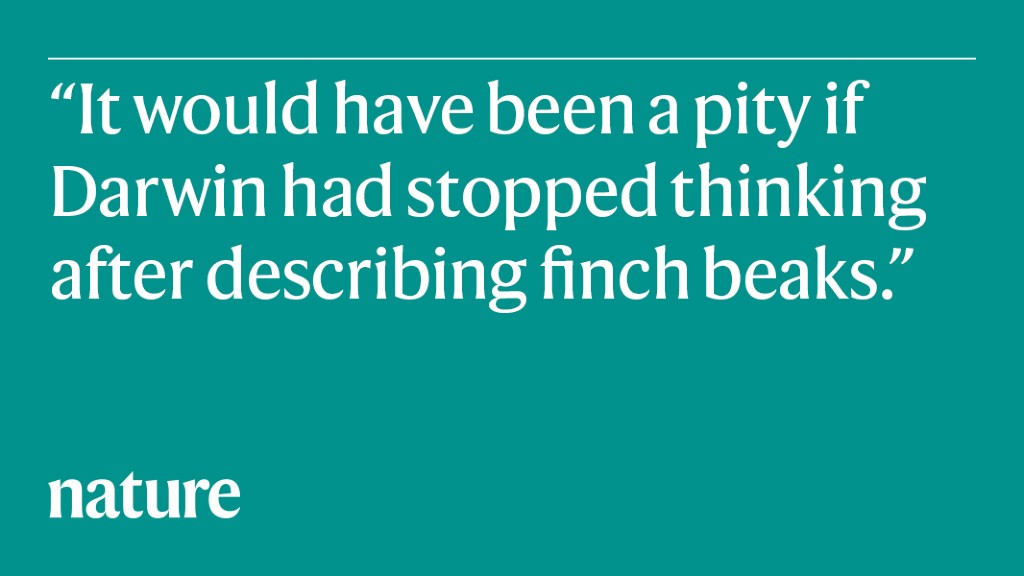
Efforts to share research with the public must include mechanisms to prevent harm resulting from low-quality work.
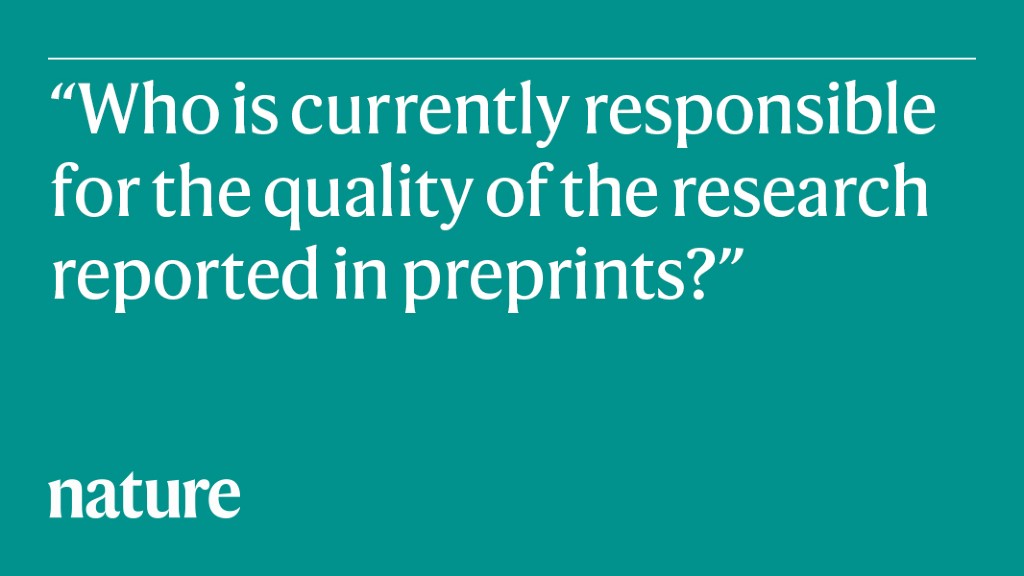
When it comes to science advice infrastructure, Europe is far from a unified whole. That’s why the European Commission’s science service, the Joint Research Centre, set out to map the entire landscape, looking not only at European and national level but also digging into the way science influences policy within regions and even individual cities.
Prof Katalin Karikó of BioNTech says she endured decades of scepticism over her work on mRNA vaccines.

Following the military coup, Burmese faculty and students fear annihilation of a budding modern higher education system, says Kyaw Moe Tun.
